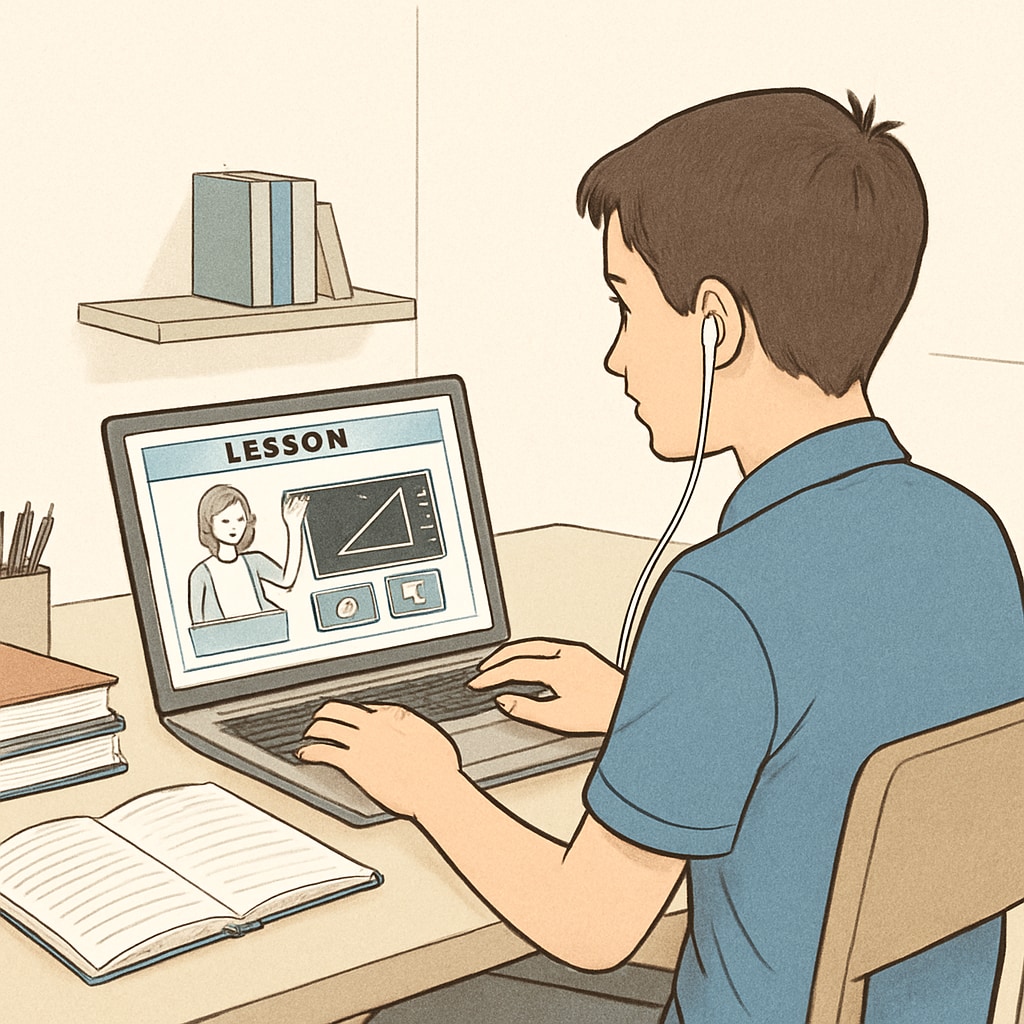In today’s competitive academic environment, utilizing external learning resources has become essential for high school students seeking to improve their knowledge and skills. Education courses, community programs, and online platforms are just some of the many options available for self-directed learning. This article presents seven effective ways for students to explore external learning opportunities and maximize their academic potential.
1. Online Education Platforms
Online platforms like Khan Academy and Coursera offer a wide variety of courses tailored to different subjects and academic levels. These platforms often include interactive lessons, quizzes, and video tutorials. Many courses are free, while others are affordable compared to traditional tutoring.

2. Local Libraries and Community Centers
Libraries and community centers are treasure troves of educational resources. Many libraries provide free access to academic books, research databases, and study guides, while community centers often host workshops or tutoring sessions. These resources are ideal for students looking for low-cost or free options.

3. Private Tutoring Services
Hiring a private tutor can be a highly effective way to address specific academic challenges. Tutors can offer personalized guidance and tailor sessions to the student’s unique learning needs. While this option can be pricier, platforms like Tutor.com or Wyzant allow students to select tutors based on budget and expertise.
4. Educational Apps and Tools
Mobile apps such as Quizlet and Duolingo make learning convenient and engaging. These tools allow students to study on the go, practice new skills, and track their progress. Many apps offer gamified features to make learning fun and interactive.
5. Study Groups and Peer Collaboration
Collaborating with peers in study groups can enhance learning through discussion and shared knowledge. Students can organize groups locally or join online forums such as Reddit’s Learn Programming community for specialized subjects. This approach promotes teamwork and accountability.
6. Free Online Resources and MOOCs
Massive Open Online Courses (MOOCs) such as those offered by edX and Udemy provide access to courses from top universities worldwide. These platforms often include certificates of completion, which can be helpful for college applications. Free resources like Wikipedia and OpenStax are also excellent for independent research.
7. Extracurricular Activities and Workshops
Extracurricular programs such as debate clubs, STEM workshops, or writing seminars help students develop practical skills outside the classroom. Many schools partner with local organizations to offer these activities, making them accessible and affordable.
By exploring these seven avenues, high school students can find external learning resources that suit their needs and budget. Whether through online platforms, community resources, or extracurricular programs, these tools empower students to take control of their academic journey.


